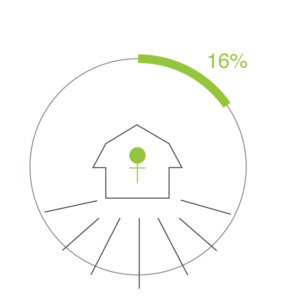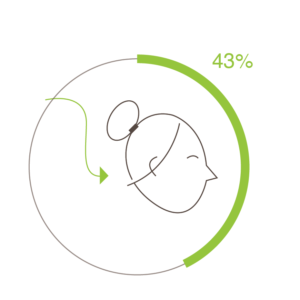Over 40% of young women had to start their own business to get established, compared to just 32% of men.
What does farm ownership look like for women?
Do women start businesses less often than men?
Do women business owners face particular challenges or obstacles to in Quebec?
According to the “Women Entrepreneurship Strategy” by Canada Economic Development (CED), the main challenges facing women farm owners are:
-
- Access to financing (economies of scale, inadequate or unsuitable public financing, difficulty securing private financing)
- Availability of land and the value of agricultural assets
- Work/family balance, the dual burden of work/family
Economies of scale pose a problem in themselves, but also reflect the lack of access to financing, as most banking institutions require are certain amount of assets as collateral for a loan. For 22.5% of women, financing comes from their families and loved ones, compared to just 9.9% among men.
Yet according to CED, women business owners feel less capable in negotiation and dedicate less time to business networks, even though women need more support than men in business ownership.
Figures from the literature
The state of the Canadian economy

Women control 16% of SMEs operating in Canada.
One third of women entrepreneurs need a loan to develop their business.
of businesses owned by women are micro-enterprises, with less than 20 employees.
of women entrepreneurs apply for business loans.
investors fund projects pitched by men rather than by women.
of start-ups in Canada are run by women.
–
Source: Portail de connaissances pour les femmes en entrepreneuriat August 26, 2020
Starting an agriculture business in Quebec
–
Source: Cultiver les possibles du Conseil du statut de la femme
Nearly three-quarters of women farmers rent the land they farm, compared to just half for men.

In agriculture, only 43% of women managers run transferred family businesses.
–
In Quebec, most family farms are transferred to men (61% of family farm transfers).

Division of household labour among entrepreneur couples
–
Source: Société d’aide au développement des collectivités (SADC) Centre-de-la-Mauricie
On average, women business owners take care of children three times more often than their husbands.
–
Women spend around two more hours a week on family activities compared to men.
History of the project
The Agricultrices du Québec launched the Dimension E project in 2019. Initial project funding came from Canada Economic Development for Quebec Regions as part of the Women Entrepreneurship Strategy (WES) program. Women Entrepreneurship Strategy (WES) program. This lets us deliver the Dimension E project, including consulting services with experts, a personalized coaching service, co-development cells, entrepreneur mentoring in partnership with the UCFO (Union des cultivateurs franco-ontariens), a $100 credit with CRAAQ (the Quebec Reference Centre for Agriculture and Agri-food), lunch-and-learns and conferences, creation of the website, farm transfer training and instructional videos.
In 2020, the program secured funding from Farm Credit Canada for three years for our co-development services, enabling us to hire a facilitator for co-development cells and offer a variety of conferences.
In 2021, Agriculture and Agri-Food Canada accepted a Dimension E project under the AgriDiversity program. This project was intended to reach women in agriculture living in minority language communities (Anglophones in Quebec and Francophones elsewhere in Canada), to offer them bilingual conferences and co-development support while building an extensive network of partners.
In 2022, AQ’s strategic planning identified Dimension E as the program associated with the pillar of entrepreneurship.
2023 saw the proposal of two projects to boost Dimension E in Canada and expand the service offer in Quebec. The larger of these is a pan-Canadian project funded by Innovation, Science and Economic Development Canada, which kicked off in April of 2023 and will run until March of 2025. This funding allows us to offer co-development, entrepreneur mentoring and conferences and lunch-and-learns to all women farmers in Canada in both official languages, run pilots to expand the consultation hours and personalized coaching to Ontario, and add three eight-month training programs for women farmers in Quebec.

This initiative is made possible through the financial support of Innovation, Sciences and Economic Development Canada (ISED).
–
![]()






